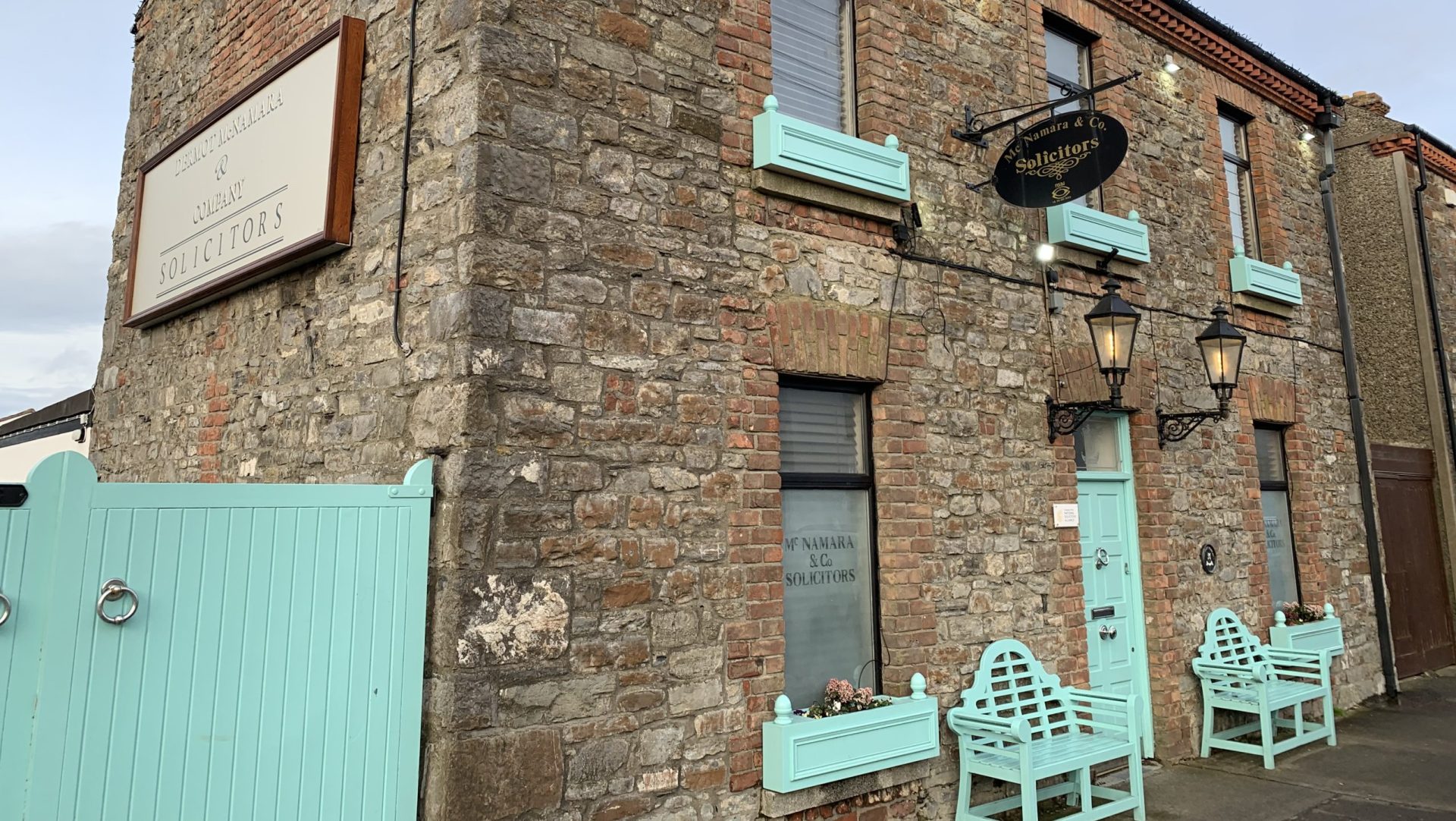SPECIAL REPORT: We need new laws to help victims of ‘revenge porn’
Posting pornographic images of an individual online without their consent is a growing form of abuse for which there is no criminal sanction in Ireland. Joyce Fegan from the Irish Examiner talks to victims and experts.
APPROXIMATELY 70% of people living in Ireland own a smartphone and a further 80% are active on social media. Put the two together, and at the swipe of a thumb, we can date, communicate, and connect with each other online.
But equally, we can use that powerful combination to harass, abuse and shame one another too.
Perhaps the most psychologically damaging of cyber crimes is that which we call “revenge porn”, where intimate photos or videos are shared online without the consent of the person depicted in them.
The content can either have been derived from the consensual exchange of images, commonly known as sexting, or else it can be obtained through covert filming.
Possessing revenge porn can be used to control another person by threatening to disclose it to friends, family and further, or else it can be used to humiliate the target by actually uploading it on to the internet, sometimes even without the victim’s knowledge.
It has a devastating impact on its victims and often the content can never be fully retrieved. Worse still, the act is not illegal in Ireland.
Jane (not her real name) is an Irish woman who was the victim of revenge porn. The intimate photos and video of her were online for a year before she knew anything about them.
“Last February I went out for dinner with a friend of mine and he told me he had something to tell me. He told me it was quite a big thing and he wanted to wait until there wasn’t too many people around in case of my reaction to it,” she said.
“He handed me his phone with an image on it and all I saw was the ad on the bottom of it, I didn’t actually see the content of the page he was showing me but when I looked at it again, there were photos of me on the screen.
“There were naked photos of me on the screen along with videos and descriptions of me saying how old I was, where I lived, everything. The only thing it skipped out on was my name.”
She knew it was her because she has some very distinctive tattoos that were designed especially for her.
“I couldn’t fully compute what I was actually seeing in front of me. I couldn’t look at it. I couldn’t imagine who would do that or why they’d do it,” said Jane.
“The photos were naked pictures of my body, not my face in them. And then there was a 10-minute video that my ex-boyfriend had secretly filmed about four or five years ago of the two of us and there are glimpses of my face in it, but you can see me in it. He secretly filmed and uploaded to this porn website. It was depicted as amateur porn.”
The covert footage had been filmed on a computer webcam in her ex-boyfriend’s bedroom, in his parent’s house. Jane had no idea the camera was on.
In relation to the images, she explained that they had both taken photos of themselves and exchanged them with one another while they were dating.
However, crucially both Jane and her former partner agreed to delete any images they held of each other after their amicable break-up more than four years ago. He did not maintain his side of the agreement.
Jane said the discovery made her feel “sick and disgusting”.
“It made me feel really dirty, to be honest. I didn’t know how to deal with that. It’s one of the most intimate personal things. I felt so vulnerable and violated. It is a violation of my trust. It’s a violation of my basic human rights. I can’t understand it. It makes me physically sick that someone would do that to me,” she said.
Jane told her story on Today with Sean O’Rourke last month.
She explained the protective steps she took once she had gathered herself post-discovery, but when she went to the police she was told there was nothing in law that could be done for her.
“I took screenshots of it on my computer and saved them on a USB and I went with my parents to the Garda station.
“I thought it would be really difficult [to tell my parents] but I’ve got really understanding parents. So I just sat down and said I need to go to the Garda station, they asked why and I said what had happened and that was it, we just packed up and [went] off to the Garda station.
“The gardaí were lovely, I’ve never dealt with them before in my life. They made me feel so at ease, so comfortable, [they] told me they’d sort out this problem that I didn’t have to worry about anything, that they’d get barristers, solicitors, everything for me and that he would have to be the one that was worrying not me. They’d sort it all out. I just had to come back in to make a statement,” she said.
However, because of a gap in the criminal law in relation to cyber crime, there was nothing the gardaí could do to help Jane.
A garda had managed to get the content taken down from the website by emailing them and explaining that it had been uploaded non-consensually.
However, Jane’s ex-boyfriend reuploaded everything again the next day.
Jane and her parents were forced to take the matter into their own hands from there.
“I went with my parents to his parents’ house where he lives and his mum was there and he was there.
“I told him I knew what he had done and he was completely in denial, he said he didn’t do anything, that it wasn’t him,” she said.
He finally broke down when her father intervened and stated that they had proof that it was him that had done this and they knew what steps to take.
Jane’s ex-boyfriend then proceeded to delete everything in front of her and said he had no reasons for doing what he did.
She explained that their relationship had ended peacefully in their early 20s and they remained in contact for a period, before falling out of touch.
“It was actually a really amicable ending. About a week later we exchanged our things, kind of boxes of memorabilia. We gave them back to each other and it was fine, it was a perfectly amicable break-up,” said Jane.
Jane, alongside with her solicitor Dermot McNamara, Senator Ged Nash and TD Brendan Ryan, are now campaigning for a change in the law.
Read the full report here.

